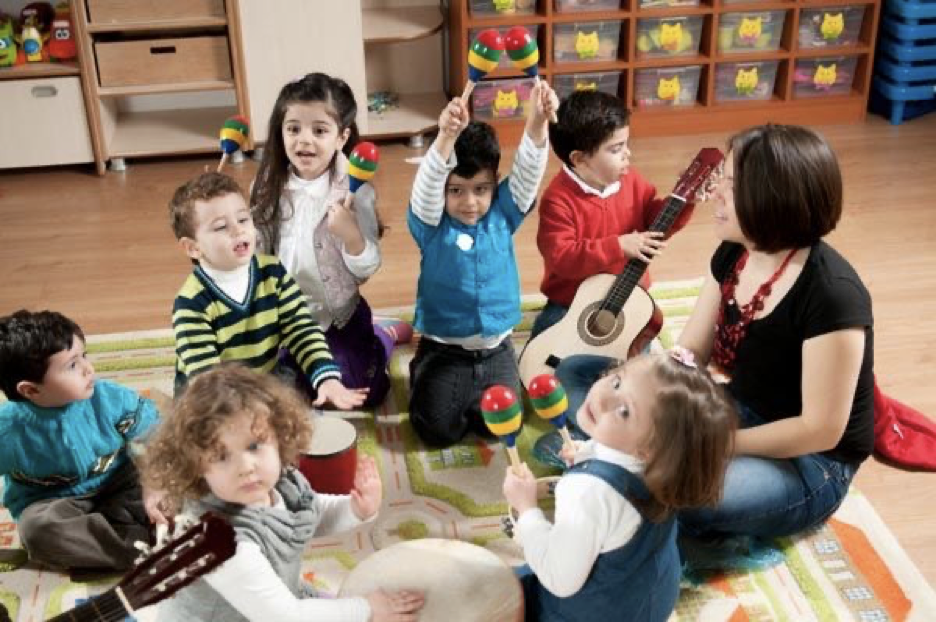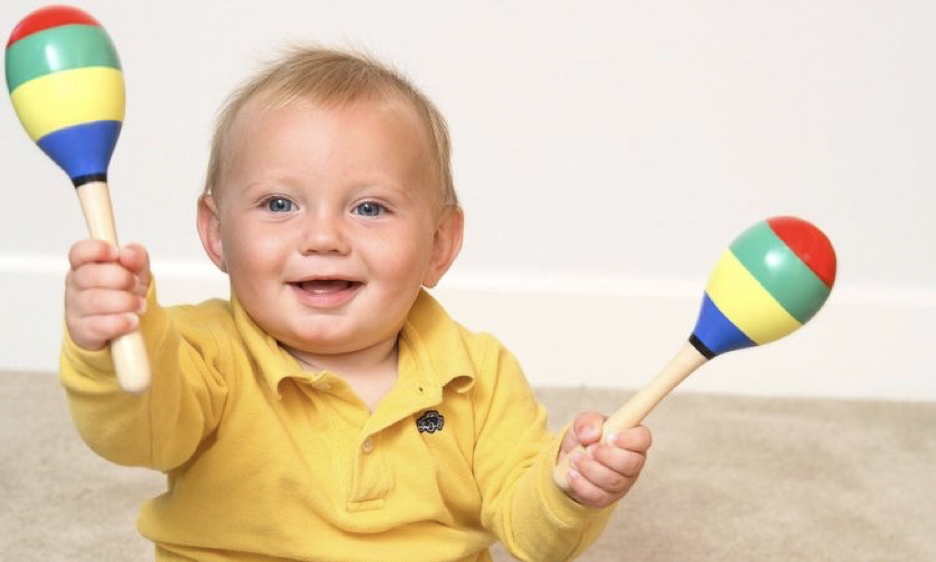For centuries, music has woven itself into the fabric of human culture, enthralling our senses and emotions. Beyond its sheer aesthetic appeal, studies reveal that music exerts a profound influence on brain development, particularly in children. The intricate dance between music and neural pathways plays a pivotal role in shaping cognitive, emotional, and even social advancement in young individuals.
Introducing children to music at an early age helps foster several aspects of cognitive development. Coordination, attention, and memory retention are required for musical instrument mastery. Children develop their auditory processing and pattern identification abilities through exposure to rhythm, melody, and harmony. This increased mental acuity can lead to better mathematical ability and problem-solving skills. Additionally, studies show that learning music helps improve spatial-temporal abilities, which are important for understanding complex ideas in subjects like science and mathematics.

Music has a special ability to stir up feelings and forge bonds between people. Children who are exposed to a variety of musical genres are better able to express a wide range of emotions. Children can better understand and express their emotions when songs and lyrics reflect joy, sadness, excitement, or tranquility. In addition to promoting self-awareness, this emotional intelligence also promotes improved interpersonal relationships.
Music has a special ability to stir up feelings and forge bonds between people. Children who are exposed to a variety of musical genres are better able to express a wide range of emotions. Children can better understand and express their emotions when songs and lyrics reflect joy, sadness, excitement, or tranquility. In addition to promoting self-awareness, this emotional intelligence also promotes improved interpersonal relationships.
The processing of auditory information required for musical engagement, both as listeners and composers, is inextricably linked to language development. According to research, children’s language development and communication skills can benefit from exposure to music. Children can develop phonological awareness, or the ability to recognise and manipulate sounds in words, by listening to music that has rhythmic patterns and melodic forms that mimic the natural rhythm of spoken language. This development can therefore result in improved reading and writing skills.

Neuroscience has a strong foundation for the effect of music on brain development, making it more than just anecdotal. Studies using neuroimaging technology have demonstrated that listening to music stimulates a variety of brain regions, including those in charge of memory, motor control, and auditory processing. Taking up an instrument, for instance, requires motor abilities that activate the motor cortex and enhance dexterity and coordination.
Furthermore, music stimulates the release of dopamine, a neurotransmitter associated with pleasure and reward. Children are encouraged to interact more intensely and persistently with music as a result of this neurological reaction, which strengthens the pleasant associations with music. As a result, music is able to effectively improve children’s focus, attention, and self-control.

Amidst a land scape where technological progress is redefining our methods of learning and engagement, the enduring impact of music on brain maturation continues to be an ageless and priceless asset for children. Encompassing cognitive advancement, emotional acumen, linguistic proficiencies, and neurological advantages, music enriches the minds of the youth in diverse dimensions. Nurturing a connection with music in early childhood can play a substantial role in their comprehensive growth, endowing them with abilities that extend well beyond the realm of music alone.
Sources
- https://www.veramusic.com/blog/how-music-therapy-stimulates-the-brain?format=amp
- https://www.unicef.org/parenting/child-development/how-music-affects-your-babys-brain-class#:~:text=How%20can%20music%20help%20develop,and%20even%20increases%20school%20scores.
- https://www.scirp.org/journal/paperinformation.aspx?paperid=98060
- https://activebabiessmartkids.com.au/articles/music-perfect-childs-brain-development/
- https://pathways.org/music-and-babys-brain/




